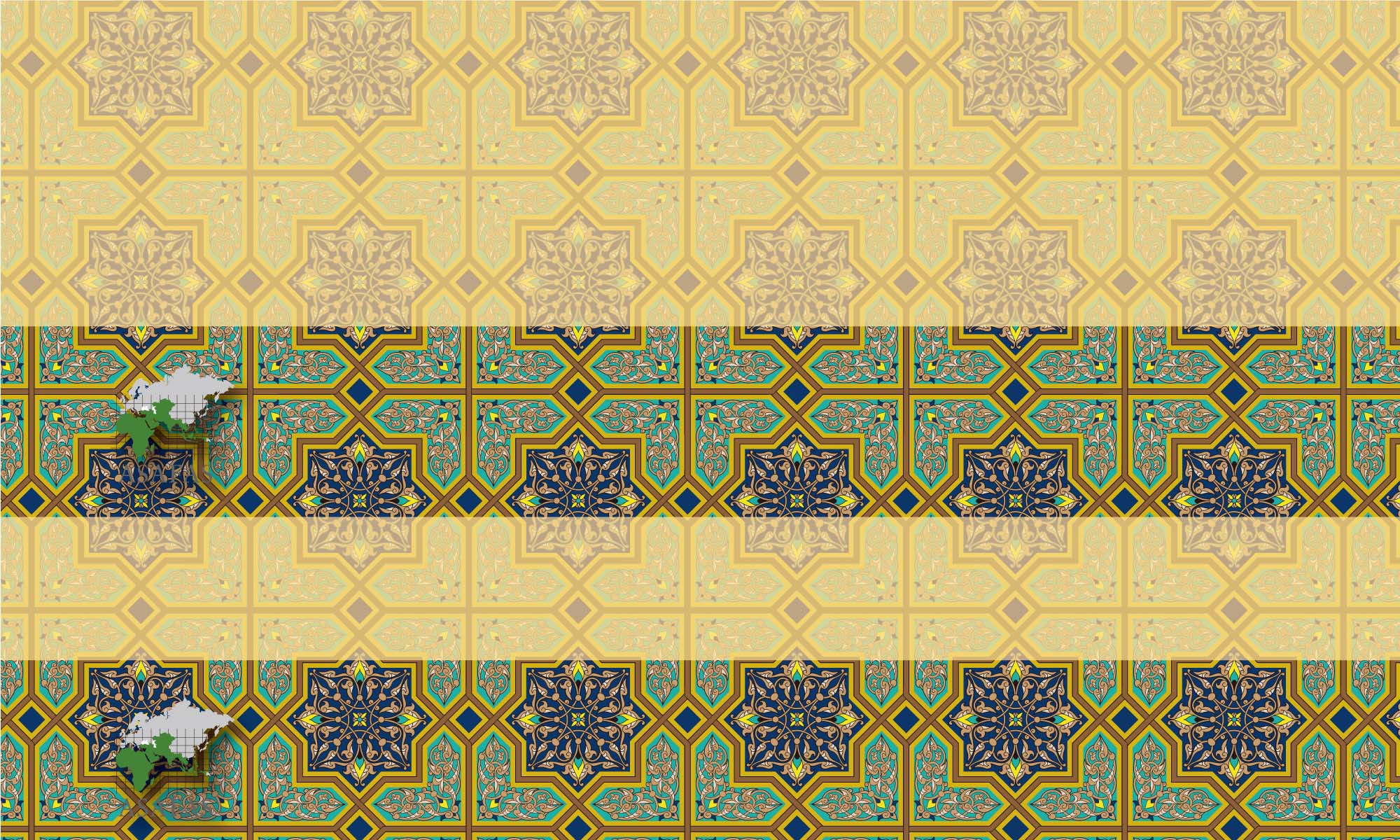Joint Research Meeting “Moderate Islam in Indonesia”
Date: June 18 (Saturday), 2022, 16: 00-18: 00
Venue: Research Building No. 2, 4th Floor, Meeting Room (AA447), Kyoto University (face-to-face and Zoom “hybrid format”)
Report 1
“Moderasi Beragama: What, Why, How?”
Oman Fathurahman
(Professor at the Faculty of Adab and Humanities, Syarif Hidayatullah State Islamic University, Jakarta; Host of Ngariksa, Head of Pesantren Al-Hamidiyah Depok, West Java
Visiting Professor at the ASAFAS, Kyoto University, 15 – 28 June 2022)
Moderasi Beragama, or Religious Moderation, is one of the current Indonesian government policies regarding the relation between religion and state. It deals with the effort to build a harmonious, peace, and tolerant religious life among the multicultural Indonesian people. This idea is promoted and conceptualized by the Minister of Religious Affairs (2014-2019), Lukman Hakim Saifuddin, and has been adopted as part of the Jokowi’s National Middle Term Development Plan (Rencana Pembangunan Jangka Menengah/RPJMN) 2020-2024.
Moderasi Beragama is formulated as “Perspective, attitude as well as practice of religion in a social life, emphasizing to apply the essence of religious teachings, which is protecting humanity and building the common good, based on the principles of fairness, balance, and obedience of the constitution as a national agreement”.
For a better understanding of Moderasi Beragama, one should be aware on the empirical fact that Indonesia is a country, whose people are multicultural and religious. Regardless of a non-theocratic country, all matters in Indonesia cannot be separated from religion. The relationship between religion and the state in Indonesia is a symbiotic relationship of mutualism. State and religion need each other. The state needs religion, for the state must be run on the basis of religious values. On the other hand, religion also needs the state, for the application of religious values requires protection and facilitation from the state.
The religious freedom in Indonesia is also protected by constitution/law. The most challenging thing for each citizen is how to balance between the rights to be a religious in one hand, and to be a nationalist at the same time.
Currently, Moderasi Beragama is regarded as a solution to balance between religious dedication and nationhood commitment of Indonesian people. In the perspective of Moderasi Beragama, to practice religion means to be a good citizen, and to be a nationalist means to be a religious. This implies that someone is not allowed to demonstratively provoke the understanding that Pancasila was against religious teachings.
Sadly to say, there are certain limited groups who provoke that paying respect to the national Flag, Merah Putih, is a polytheism (shirk), and singing the national anthem Indonesia Raya is forbidden (haram). Such understanding and various other similar ideologies is clearly against the pillars of nationality and undermined the basic foundations of Indonesia. Such excessive and extreme religious thought and attitude are serious challenge in synchronizing the nationality and religiosity in Indonesia.
There are some misunderstandings about the mission of Moderasi Beragama. Some people wrongly assume that Moderasi Beragama is part of invasion of ideas (ghazw al-fikr) to confuse, to mislead, and even to proselytize the adherents of religion, Muslim in particular. Some others misunderstood Moderasi Beragama as a government program to dissociate people from their religion, to exclude people from religion, to rupture Islamic brotherhood, or even to combat only radicalism.
Accordingly, it is important to highlight here that Moderasi Beragama does not deal with only certain religion, for extremism can be found in any religious traditions. Moderasi Beragama is also not to syncretize different religious teachings, rather to understand religious diversity, and to respect different religious interpretation. Religion itself needs no moderation, since what should be moderated is the ways how people practice religion, in order to prevent them from extremism. The last but not least thing to stress is that Moderasi Beragama is not antithesis of radicalism; the opposite of the word “moderate” is not “radical”, but “extreme” (tatharruf). So, the main idea of Moderasi Beragama is to combat religious extremism, whatever sides and forms of extremism, both “left extreme” (ultra-liberal) and “right extreme” (ultra-conservative).
Report 2
Masaaki Okamoto (Kyoto University)
This presentation focused on the terms of “Nusantara Islam”(Islam Nusantara)and “Progressive Islam” (Islam Berkemajuan), each of which began to be advocated by Indonesia’s two largest Islamic social organizations, Nahdlatul Ulama (NU) and Muhammadiyah, in the mid-2010s. After the background of the creation of each term and respective definition is provided, I chronologically clarified how many tweets contain each of the terms. For Nusantara Islam, the geographical distribution of tweets was also elucidated. Also, through the analysis of the abstracts of master’s theses related to Nusantara Islam at the university established by NU, I explained the characteristics of the theses produced by the program.
These analyses showed us the following tendencies. First, the number of the tweets containing the word “Nusantara Islam” has been overwhelmingly more than those containing the word “progressive Islam,” and even in the case of the former, there is a noticeable downward trend at the moment compared to 2015. Second, the graduate program of the University of Islam Nusantara overemphasizes the perspective of Islam as harmoniously permeating local cultures, therefore unvisualizes the processes of the conflict and compromise between Islamic and local cultural actors, and it also lacks the critical perspectives on government-recommended projects related to Nusantara Islam.
